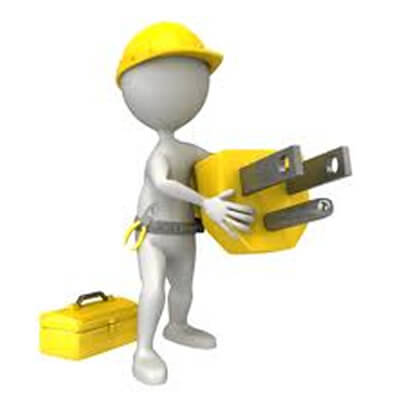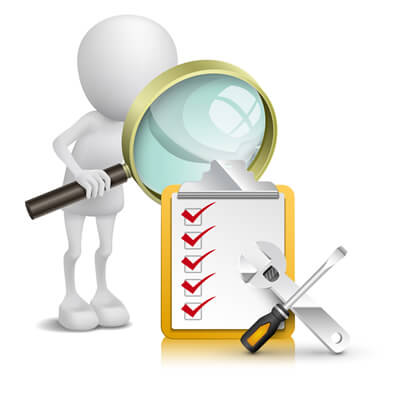A common question we often receive is “Does my facility need your services?” A comprehensive answer is given by the Joint Commission (JC) and AAAHC, which team with CMS and private insurers on accreditation to receive reimbursements. They define certification standards for ambulatory surgery centers, hospitals, physician offices, dental practices, nursing homes, office-based surgery centers, behavioral health treatment facilities, and providers of home care services. Thus, these facilities should have all of these services performed.
Electrical Safety Inspection (ESI)

An electrical safety inspection is a comprehensive electrical parameter measurements test performed on medical devices using specialized equipment to ensure the safety of patients and staff.
Why Perform an Electrical Safety Inspection?
- Protect the patient and staff from electrical shock hazards.
- It is required by several regulatory agencies. (JC, AAAHC, and NFPA)
NFPA: NFPA-99: §1.3.1 (Y2015): “This code shall apply to all health care facilities other than home care and veterinary care.” - It is strongly recommended by liability insurance carriers.
Healthcare facilities that have achieved accreditation can receive premium discounts from liability insurance carriers.
Planned Maintenance (PM)

The care and servicing by personnel for maintaining equipment and facilities in satisfactory operating condition by providing for systematic inspection, detection, and correction of emerging failures either before they occur or before they develop into major defects.
Why implement a Planned Maintenance service?
- Protect the patient and staff from malfunctioning equipment.
- One accreditation requirement set forth by the Joint Commission and AAAHC states that medical facilities must follow manufacturer recommendations regarding device maintenance procedures and frequencies.
- Cost Savings: Regular planned maintenance procedures result in better facility reputation, fewer incident reports, reduced downtime, and increased revenue.
Calibration

The determination of the accuracy of a medical device, usually by measurement of its variation from a standard, to ascertain necessary correction factors.
Why calibrate your devices?
- Patient Safety! An injury related to a device that is out of manufacturer calibration can occur due to an incorrect vital sign reading, or an incorrect device delivery, such as anesthetic agents.
- One accreditation requirement set forth by the Joint Commission and AAAHC states that medical facilities must follow manufacturer recommendations regarding device calibration and frequencies.
Repair

The purpose of our repair service is to restore any broken, damaged, or failed device, or part, to an acceptable operating or usable condition minimizing your facility's down time.
Why have a repair contract?
- Protect the patient and staff from malfunctioning equipment.
- Keep facilities from having to cancel scheduled procedures.
- Reduce the need to purchase new equipment.

